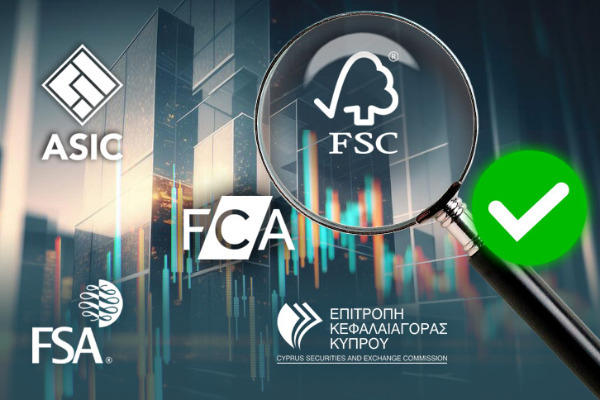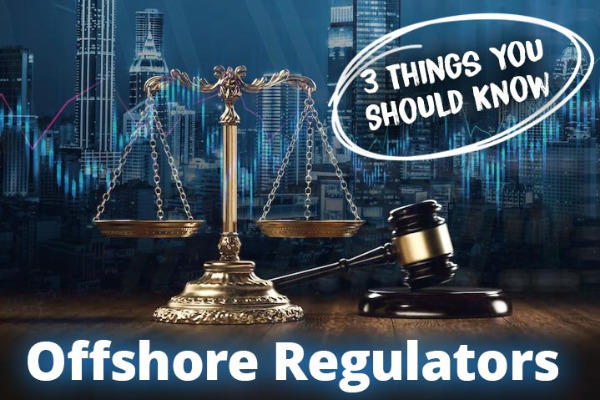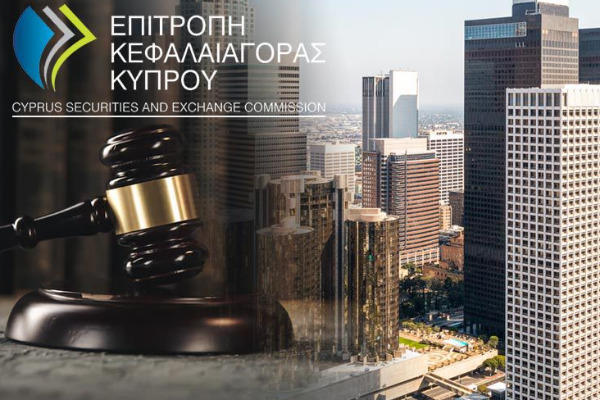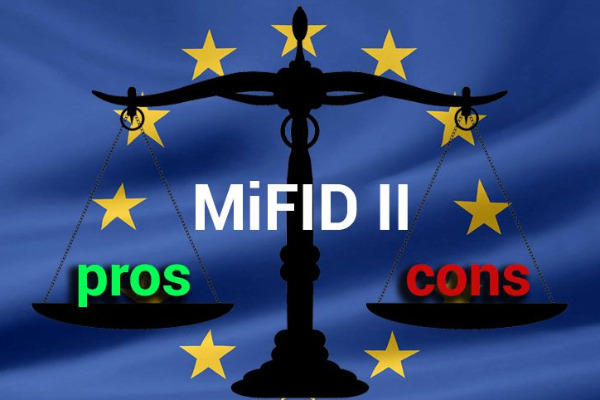Investor protection should always be at the forefront of any broker service. In regard to the forex compensation scheme, is it available in all brokers?
Foreign exchange is indeed the biggest market considering its daily volume. Nonetheless, it's also generally known that forex traders are exposed to high risks due to various reasons such as market volatility, high leverage, scams, frauds, and other similar factors.
When the existing problems result in a broker's bankruptcy, what does it mean for traders?
Do they have their money back? Or do they have to let all of their funds vanish along with the broker's business?
This is where the forex compensation scheme comes in. As protection against unexpected losses, this arrangement ensures that traders would get their money back (or at least some of it) in the event of their broker's insolvency.
Usually, the scheme is arranged by certain forex regulators as a part of their client protection programs. Therefore, the procedures can be different from one broker to another, depending on which agency they're regulated under.
Some schemes can take months to finalize, some can process the procedures in weeks. It's also important to not expect full compensation in all cases.
In fact, most forex compensation schemes can only guarantee partial compensation due to various reasons. How much is the compensation and how it is calculated, depends on the broker's terms and the scheme applied by the broker's regulator.
Among the many forex regulatory agencies in the world, there are only a few that ensures compensation schemes and act on them. Hence, those able to guarantee such protection are considered to have high credibility.
1. Forex Compensation Scheme in FCA (UK)
Financial Services Compensation Scheme (FSCS) of the FCA ensures investors' compensation when a broker has gone out of business. The FSCS claims to be a free and independent service and is able to provide full compensation for investors who send their claims directly.
Still, it's probably safer to assume that the amount of compensation paid can be different for each case.
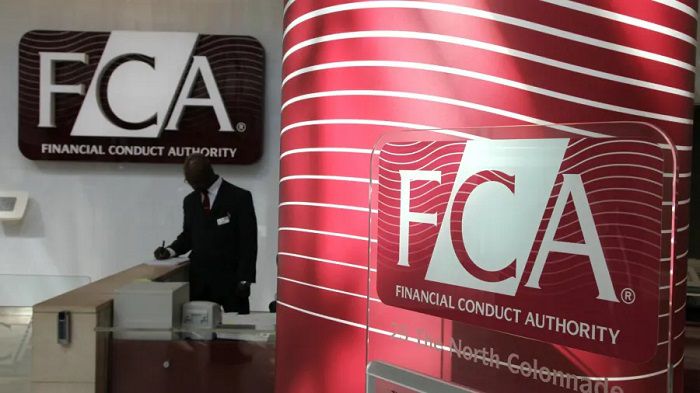
As the service comes from the UK's FCA, your protection can only be guaranteed in FCA-regulated brokers.
For example, Admirals has clearly stated that their UK company is operating with an FCA license and thus supported by the FSCS that can provide a compensation of up to £85,000 if the firm ceases trading with a deficit in their segregated client money.
Since its establishment back in 2001, the FSCS has paid out over £26 billion. The payout scheme to Alpari UK's clients is probably one of the most highlighted cases carried out by the FSCS in recent years.
The amount compensated to Alpari UK's clients was around 51% or 51 cents for each dollar of the client's funds.
2. Forex Compensation Scheme in ASIC (Australia)
ASIC ensures its brokers' ability to compensate clients by requiring them to hold a minimum of $1 million for operating capital. However, the compensation process seems to be not as straightforward as what the FSCS can carry out for the FCA.
On its official website, ASIC does explain that the Scheme for Compensation for Detriment caused by Defective Administration (CDDA Scheme) allows individuals to apply for compensation from Non-corporate Commonwealth Entities (NCCEs).
Unfortunately, ASIC is unable to consider applications made under the CDDA Scheme despite being an NCEE.
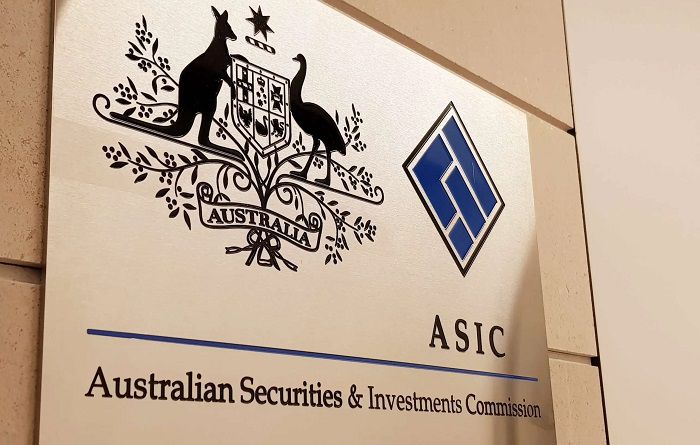
One example of a situation where ASIC dealt with its members' bankruptcy was when they canceled Direct FX's license, rendering them unable to continue operating within the Australian jurisdiction.
But even so, it was not clear if ASIC oversaw the compensation owed to clients. The regulatory body only stated that the broker's tangible assets were down to less than AUD750,000, so there was not much offered to clients following the broker's collapse.
3. Forex Compensation Scheme in CFTC (US)
CFTC provides a Reparation Program to settle disputes between derivatives customers and registered trading professionals. The so-called inexpensive and fair forum is more about resolving problems that are likely to arise between brokers and clients.
As for the compensation scheme for clients when a broker files for bankruptcy, there is actually no payout guaranteed. CFTC requires account segregation for its members to ensure the separation between clients' and the brokers' operational funds.
This is apparently the ultimate protection that traders can have so that their money will be safe and can be given back as payouts should the broker collapse.
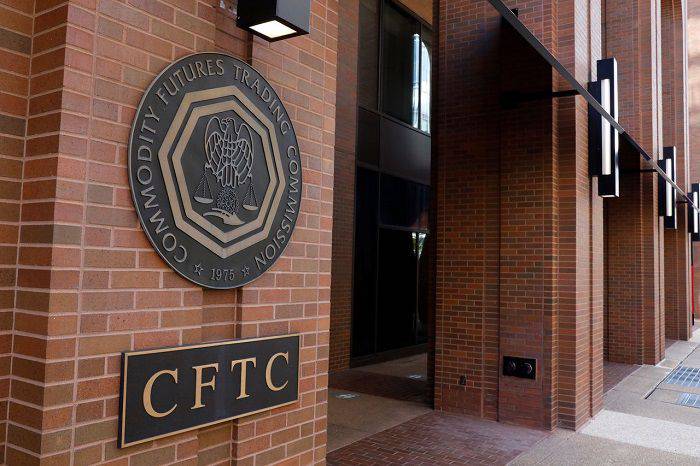
Despite the lack of a compensation scheme in the event of brokers' bankruptcies, CFTC does carry out its functions to follow up on investors' claims and complaints and fine its members if the investigation proves the claims to be true.
They can issue official orders for brokers at fault to give compensation to clients. This has been carried out quite regularly as reported in their press releases.
How about Forex Compensation Scheme by Offshore Regulators?
Having been widely known as an area with lots of loose policies, many investors think that offshore regulation is not the right place to look for brokers with compensation schemes.
As a matter of fact, not all offshore licenses are like that. CySEC can be a great example where traders can have a guaranteed compensation scheme while enjoying all the perks that come with trading in an offshore regulated broker.
With its ICF (Investor Compensation Fund) program, the Cyprus regulatory body manages to protect clients from unexpected losses when one of its members goes out of business.
However, it should be noted that the scheme only applies to non-professional clients registered as individual traders.
In other words, the compensation scheme can't process claims sent by clients who have leveled up to "professional" status and/or registered themselves as a company or a representative of a certain institution.
Apart from CySEC, Gibraltar's FSC is also known to provide an arrangement for client compensation. The payouts are applicable to retail investors but not professional or institutional clients. GFSC guarantees up to 90% refunds for eligible investors.
To put it simply, the forex compensation scheme heavily depends on what regulation your forex broker is under. If this particular feature is your main concern, it will be safer to look for FCA-regulated brokers due to the agency's multiple experiences in compensating clients.
On the other hand, you can consider brokers from other top regulatory agencies if you're quite sure that you can protect yourself against the possibility of a collapsing broker.
After all, most regulations now have put funds segregation under its requirements. Even brokers with no obligation to provide it are now claiming to do the deed as they realize it can be a good attractor to clients who put safety as their priority.

 Dedicated FREE FOREX VPS
Dedicated FREE FOREX VPS Free FOREX Virtual Private Server
Free FOREX Virtual Private Server MT4 Demo Contest, Get $500
MT4 Demo Contest, Get $500 Sign Up for an Account, Claim 60% Deposit Bonus
Sign Up for an Account, Claim 60% Deposit Bonus Free MT4/MT5 VPS 2024
Free MT4/MT5 VPS 2024 Send E-mail and Get Free Merchandise
Send E-mail and Get Free Merchandise $1K Refer a Friend Bonus for Pepperstone Pro clients
$1K Refer a Friend Bonus for Pepperstone Pro clients Maximize Your Earnings with 100% Deposit bonus
Maximize Your Earnings with 100% Deposit bonus Trade to Win, $5,000 Monthly Demo Contest
Trade to Win, $5,000 Monthly Demo Contest Claim 30% + 15% Deposit Bonus from LiteFinance
Claim 30% + 15% Deposit Bonus from LiteFinance


